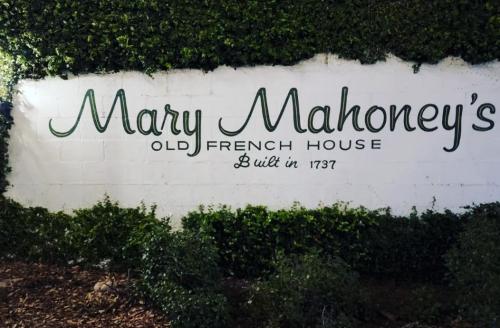
Studio portrait of Sid Salter. (photo by Beth Wynn / © Mississippi State University)
By: Sid Salter
In the 2020 election cycle, Mississippi voters overwhelmingly voted in favor of authorizing a medical marijuana voter initiative as outlined in Initiative 65 over the express objections of the majority of legislative leaders.
The voters gave Initiative 65 73.7 percent approval while giving the legislative alternative Initiative 65A only 26.3 percent of the vote. The pro-marijuana initiative outpolled Republican incumbent President Donald Trump by some 20 percentage points with state voters – even outpolling the state’s 72.98 percent decision to change the state flag.
Opposition to Initiative 65 was politically strong but voter weak. The central objection? Initiative 65 gave the new marijuana industry in Mississippi constitutional protection. But there are other concerns. Local governments didn’t want it any more than did state government.
The Mississippi State Board of Health and State Department of Health were opposed. The American and Mississippi medical associations opposed the initiative as did significant state and local political, law enforcement and religious figures.
But the voters, sympathetic to the perceived need for some type of medical marijuana program for patients who need it and tired of decades of legislative inaction on the issue, literally took matters in their own hands behind a well-organized, well-funded campaign from primarily out-of-state industry backers.
In October, a legal challenge ensued from Madison Mayor Mary Hawkins Butler questioning the legality of Secretary of State Michael Watson’s certification of the initiative to be placed on the ballot based on the contention that it was done in violation of Section 273 of Article 15 of the Mississippi Constitution: “The signatures of the qualified electors from any congressional district shall not exceed one-fifth of the total number of signatures required to qualify an initiative petition for placement upon the ballot.”
The problem is that since Mississippi’s initiative process was adopted in 1992 when Mississippi had five congressional districts. Following the 2000 Census, Mississippi was one of 18 states that lost a congressional district – moving from five districts to the present four districts – but the procedures guiding the initiative process were never updated to reflect that.
Both Watson and his predecessor, now Lt. Gov. Delbert Hosemann, say they relied on opinions from the state Attorney General’s Office in following the 1992 voter initiative guidelines for certifying signatures. The Mississippi Supreme Court will hear arguments in the legal standoff in April.
In the interim, the state Senate is attempting to “backstop” the possibility that the court overturns Initiative 65 with new legislation that implements a medical marijuana program that’s different than the one voters approved, but one that addresses some of the opposition while retaining core portions of the initiative.
Perhaps the broader question might be that if the state’s initiative process is flawed by not addressing the congressional district reduction, then shouldn’t the Legislature fix that? Certainly, but don’t look for that to happen before the Supreme Court rules in the current case.
But if the ultimate outcome is that the high court throws out Initiative 65, the Legislature will then almost have to address changing the initiative’s procedures and laws that lawmakers crafted after the 1992 constitutional amendment passed. That may be a good thing. Then again, it may not be so good.
The initiative process in Mississippi is one that was designed by the Mississippi Legislature to be difficult for those citizens who wish to circumvent lawmakers and get into the business of directly writing or changing laws for themselves.
Since 1993, there have been 66 instances in which various Mississippi citizens or groups have attempted to utilize the state’s initiative process. Like a carton of milk left unconsumed, 52 of those attempts simply expired – dying on the legal vine for lack of certified signatures or other procedural deficiencies.
Given the chance – and there is no better chance than a high court ruling that the present system is flawed – for the Legislature to raise the hood on the initiative process and tinker with the engine, the chances are that the “new and improved” voter initiative process may well become even more difficult for voters to successfully navigate than it is now.









